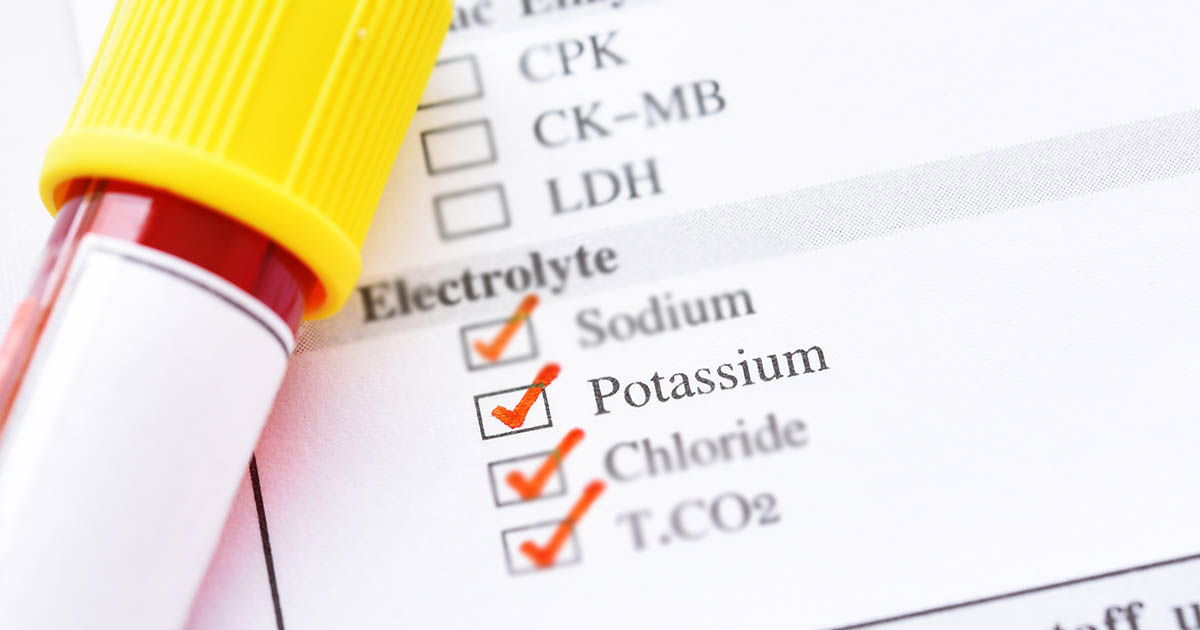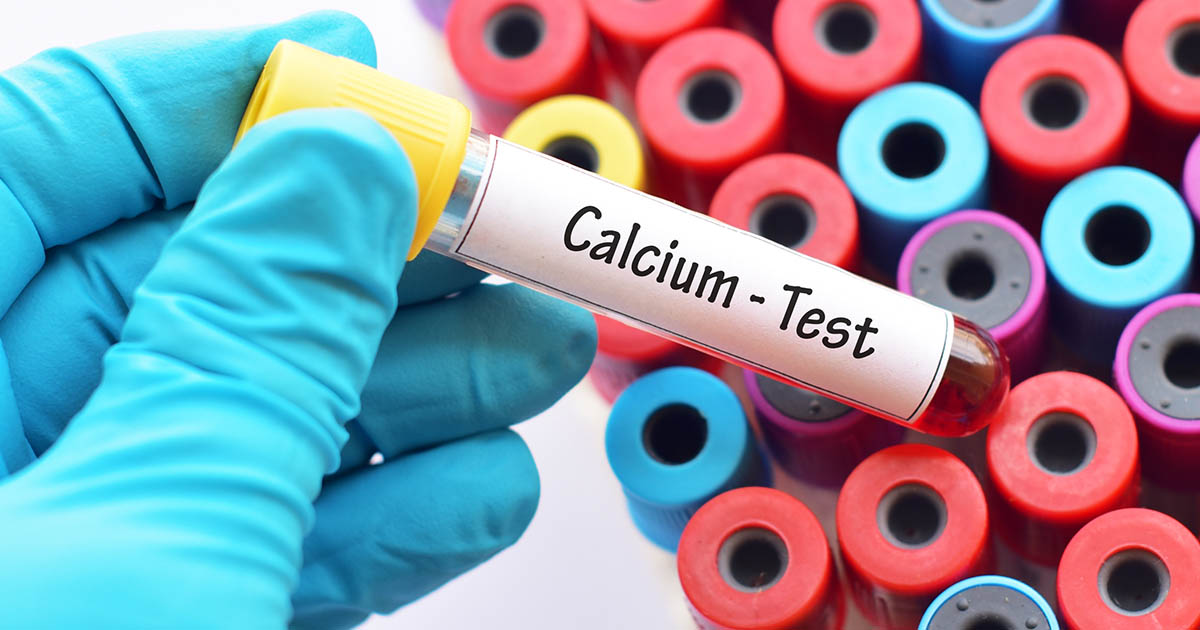Guide To Major Acute Renal Failure Treatments
Acute renal failure, also known as acute kidney failure, happens to the body when the kidneys are shutting down and halting the process of removing waste from the bloodstream. It can stem from a variety of causes. As many individuals might suspect acute renal failure requires a hospital visit and during that visit, doctors will attempt various forms of testing and treatment to get to the cause of the situation and treat it as effectively as possible.
What the doctor will focus on the most are effective treatments that not only avoid dangerous side-effects and complications but also develop a plan that will allow the patient's kidneys the time they need to heal. In some cases, after the initial renal failure is discovered, patients may be able to recover at home.
Controlling Potassium

One of the dangers of having one's kidneys fail is they could have been not working properly for weeks before they actually start shutting down. There are times where kidneys are not filtering out potassium correctly. Potassium is an essential electrolyte for any healthy body, but too much potassium in the bloodstream can cause weakness in the muscles as well as dangerous irregular heartbeats. Since potassium has a direct connection on how nerves send and receive messages, patients may also experience numbness or tingling throughout their body. The doctor may ask patients to take calcium, sodium polystyrene, or glucose as an attempt to counteract the high potassium levels in their blood.
Restoring Calcium Levels In The Blood

Typically, ninety-nine percent of all calcium in the body can be found in the bones and teeth. However, half of all calcium found in the bloodstream is coupled together with proteins, and the kidneys play a vital role in using protein efficiently in the body. One of the kidney's natural functions is to filter just the right amount of calcium out of urine and place it back into the bloodstream. If an individual's body has too high or too low levels of calcium, the results could be general muscle spasms and serious disease or major organ damage and other organs shutting down. To treat this, doctors may recommend an infusion of calcium into the body.
Fluid Control

Part of a patient's kidney failure may be not enough fluid in the bloodstream, meaning they are dehydrated. When this is the case, affected individuals will have dark-colored urine, which means their kidneys are retaining liquids to keep their body performing normal activities. Alternatively, individuals may have too much water in their body. Specifically, patients may have too much fluid in their bloodstream, and their kidneys may be unable to catch up to the demand. Key signs of this are swelling in the arms and legs. Depending on which side of the coin a patient is on, their doctor could administer an IV of fluids or recommend prescriptions such as diuretics.
Diet Control

To assist with the overall recovery, doctors may recommend changes in diet. The three most important areas a doctor will concentrate on for renal failure patients are phosphorus, salt, and potassium. Once the patient's kidneys fully recover, they may not need a special diet and can return to normal eating habits, though they should work with a dietitian to determine if they need to limit different types of food. Individuals can expect to limit bananas, potatoes, and tomatoes for the potassium concern; fast food and other convenience foods for the salt concern; and milk, cheese, and dried beans for the phosphorus concern. While an individual's kidneys are considered unhealthy, they may also have to count the grams of protein they ingest, especially if their body is holding too much calcium in it.
Dialysis

Dialysis is specifically used to take waste and toxins out of an individual's blood by using a manmade device to filter the blood. In this process, a medical professional will provide all the necessary pretreatment to hook the patient up to a machine called a dialyzer, a type of artificial kidney. The machine will pump blood from the patient's body through a filter system then return the blood to their body with all minerals and fluids at a healthy level. For as long as the patient's kidneys are at an unhealthy level, their doctor may recommend completing the dialysis process more than once, or even as much as a daily basis.
